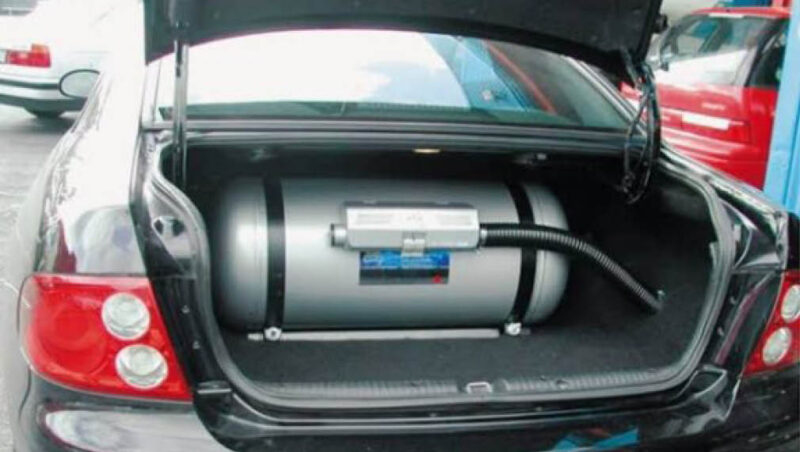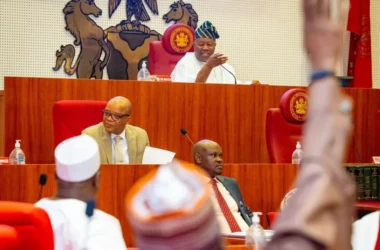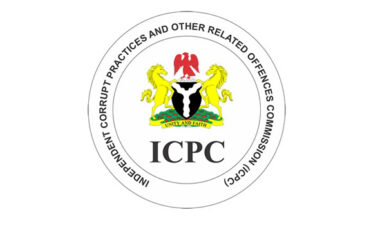In response to recent developments in Malaysia regarding the phase-out of Compressed Natural Gas (CNG) vehicles, Nigeria’s presidency has reassured the public of the safety and continued relevance of CNG technology within the country.
This clarification came after Malaysia’s Transport Minister, Anthony Loke, announced a gradual discontinuation of CNG-powered vehicle registrations, scheduled to begin on July 1, 2025.
Loke’s statement, which pointed to safety concerns around Natural Gas Vehicles (NGV), noted that Malaysia has only around 44,383 vehicles running on CNG, accounting for a mere 0.2% of the total vehicles on the road.
The Malaysian government highlighted that many CNG tanks are approaching the end of their 15-year service life, necessitating costly replacements. Rather than upgrade existing infrastructure, the country has decided to phase out the CNG initiative due to low adoption rates and infrastructure limitations.
“The NGV tanks of these vehicles are now reaching the end of their service life,” Loke said, citing the high cost and logistical issues involved in replacement.
However, Bayo Onanuga, Special Adviser on Information and Strategy to Nigerian President Bola Tinubu, clarified that the concerns cited by Malaysia pertain specifically to Liquefied Petroleum Gas (LPG) and not CNG.
According to Onanuga, “The Malaysian issue relates to the safety of LPG, NOT CNG.” He explained that Malaysia’s policy shift focuses on LPG cylinders, which some vehicle owners had modified for vehicle use, creating safety risks.
He said, “Some clarification on Malaysia’s plan to phase out CNG-powered vehicles,” Onanuga said in a post on X on Tuesday.
“The Malaysian issue relates to the safety of LPG, NOT CNG. In the original report, Transport Minister Anthony Loke stated, ‘There are also some car owners who have modified their vehicles using liquefied petroleum gas (LPG) cylinders, which are very dangerous.’
“NGV covers both CNG and LPG. Nigeria, in its transition, has adopted CNG ONLY, not both, due to valid safety and cost concerns regarding LPG.
“Malaysia’s programme for CNG-powered vehicles struggled, achieving only a 0.2% conversion rate over 15 years. By contrast, nations like India, China, Iran, and Egypt have seen considerable success.
“The end of the 15 year CNG tank cycle means they need to replace tanks and it was easier/cheaper to scrap their program and continue with their petrol than to do so if they had not built tank manufacturing capacity which Nigeria is already developing in year one.”










